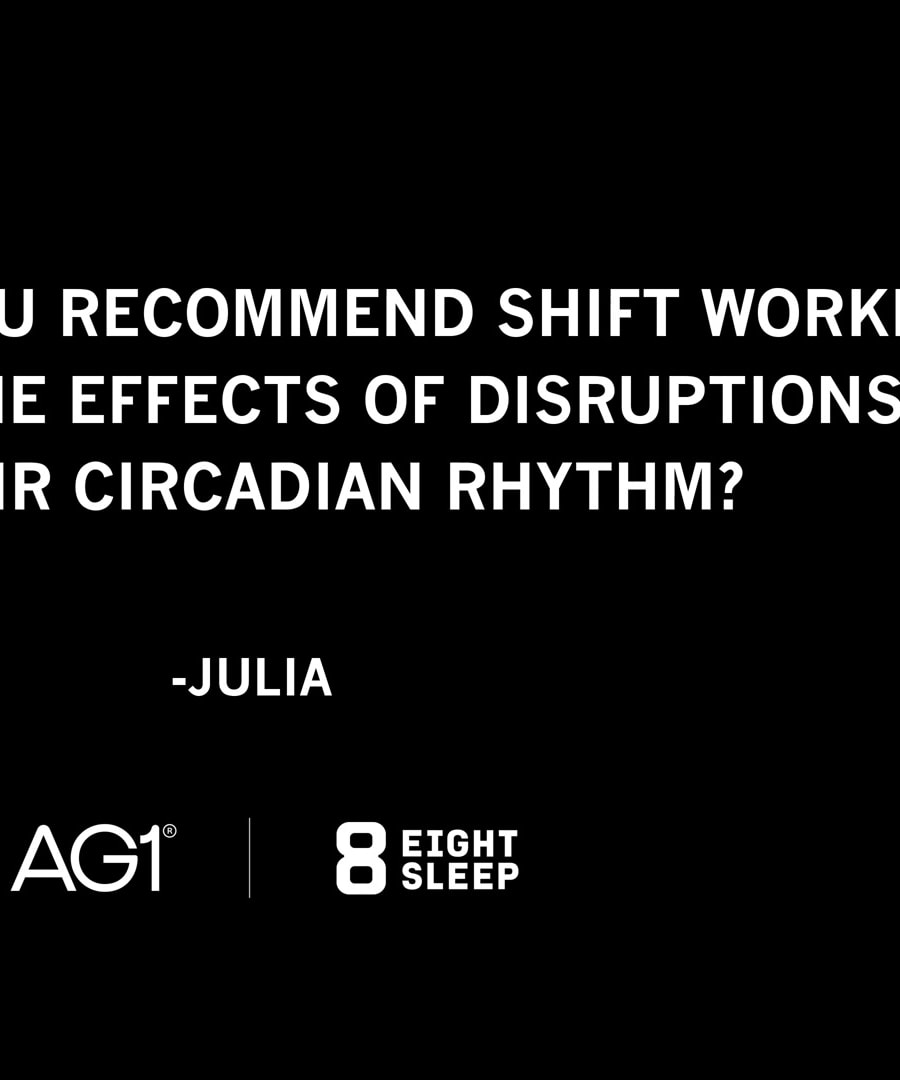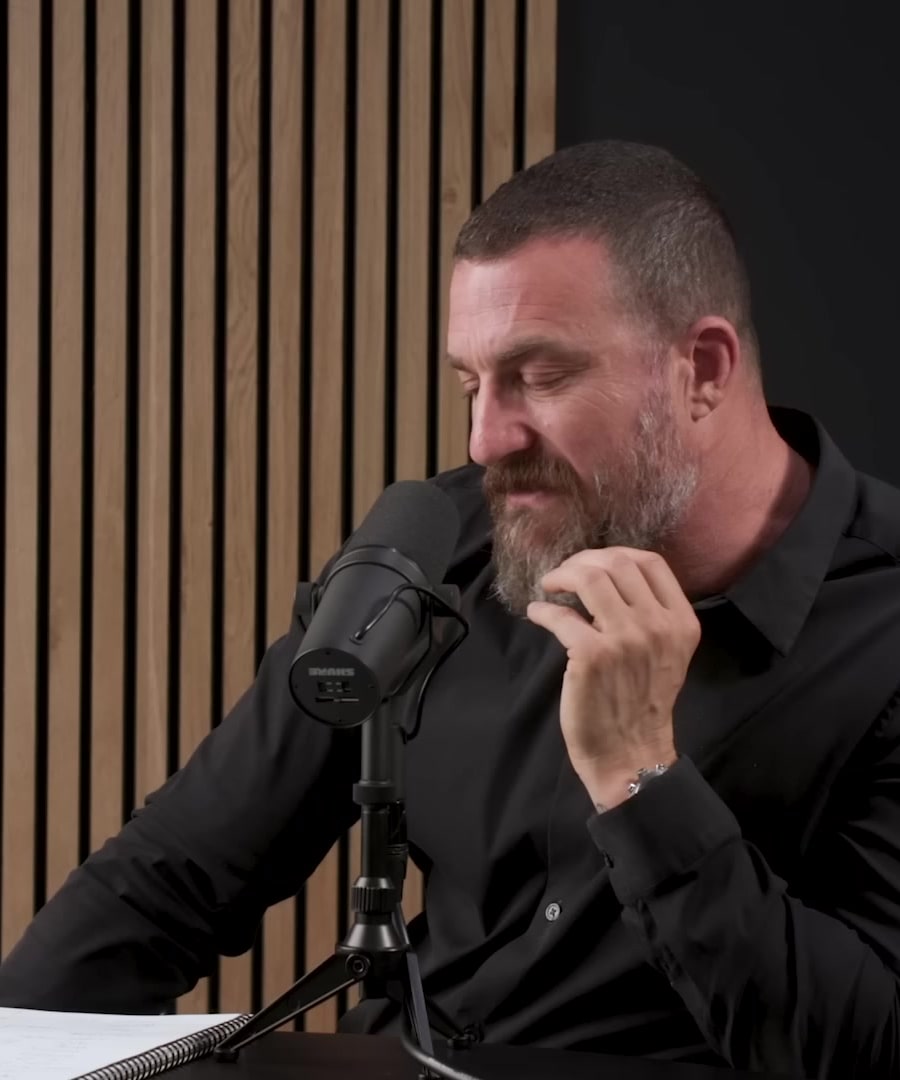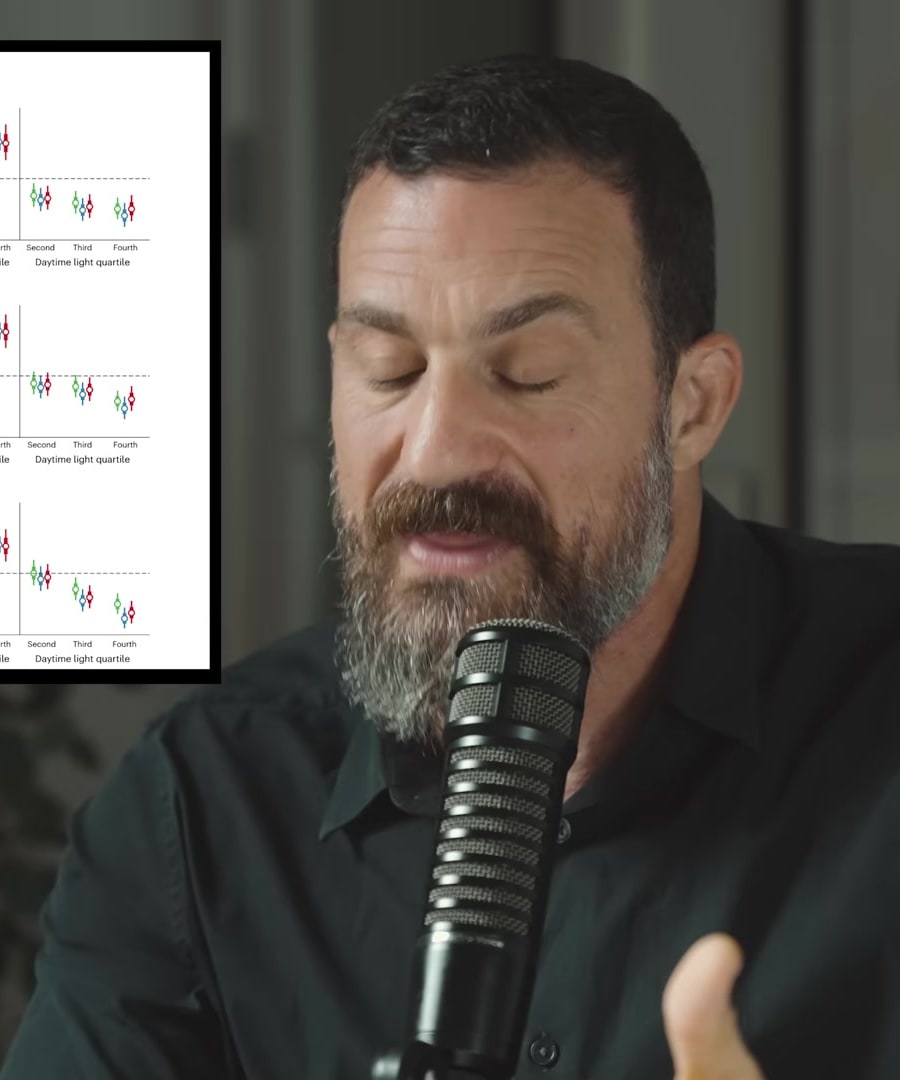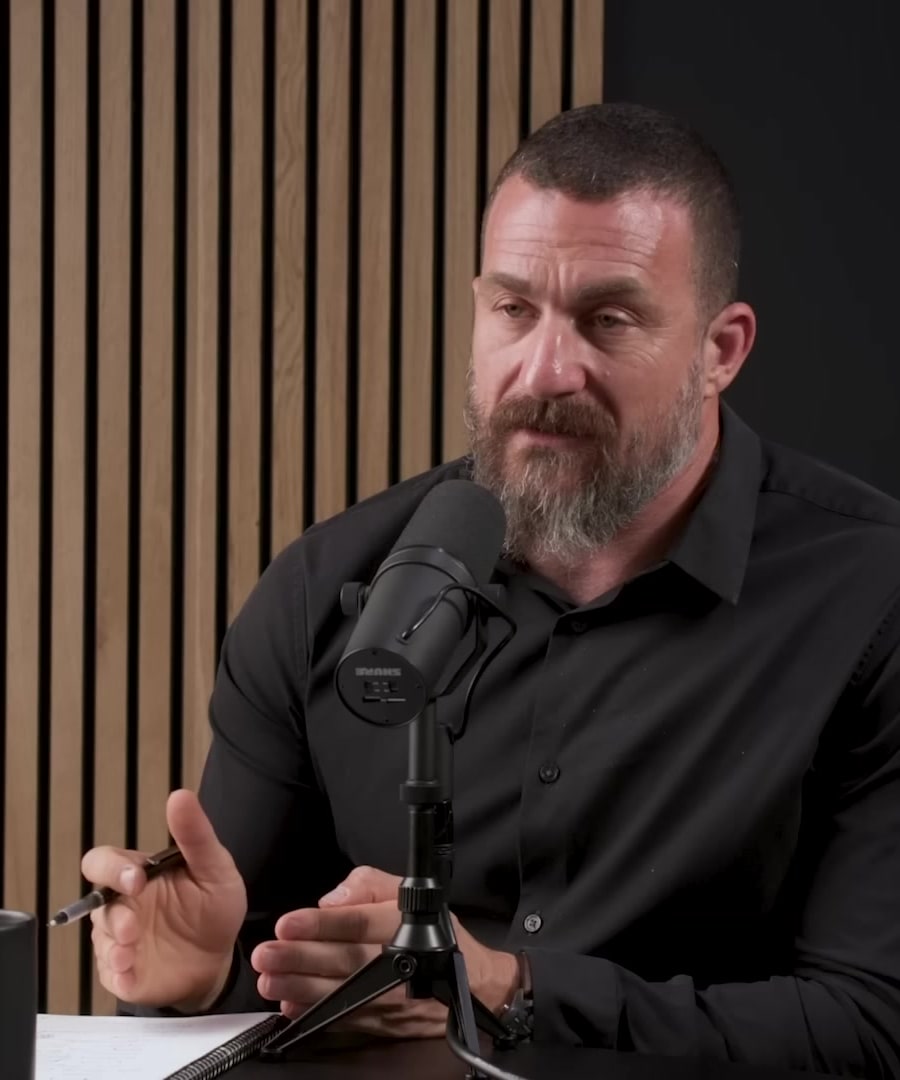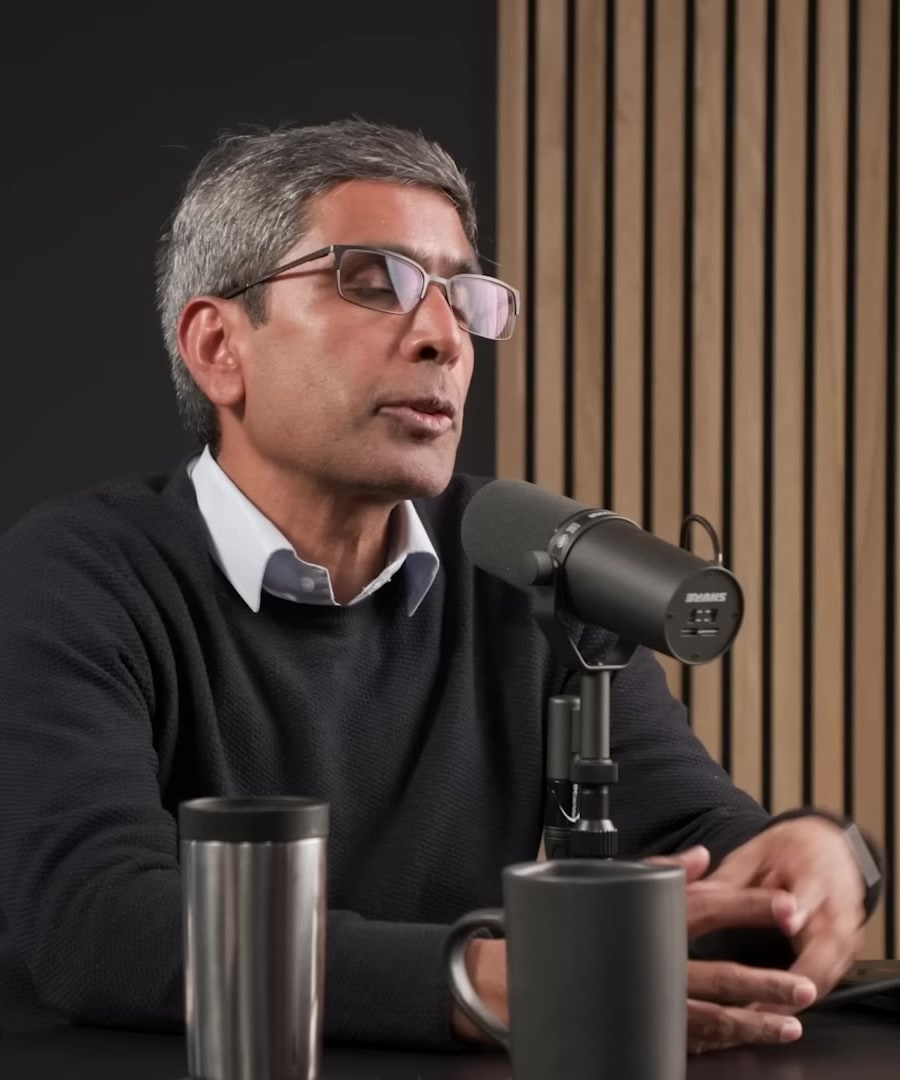I have PTSD, anxiety, and depression. But I'm also a nurse who is trying to avoid night shifts due to worsening migraine symptoms and worsening mental health. What is the relationship between PTSD, anxiety, depression, and shift work?
Sources:
Shift work, especially night shifts, is known to significantly impact mental health conditions like PTSD, anxiety, and depression. According to and , here are several key points:
-
Circadian Rhythm Disruption:
- Shift work disrupts natural circadian rhythms, often resulting in late peaks in cortisol levels instead of early ones. These late peaks are associated with increased risks of depression and anxiety 1.
- Even occasional shifts can disrupt physiology and metabolism for several days, affecting sleep quality and overall mental health 2.
-
Sleep and Light Exposure:
- Exposure to light at night, whether from work environments or personal habits, worsens symptoms of depression, anxiety, and PTSD. For those with bipolar disorder and PTSD, increased nighttime light exposure aggravates these conditions 3.
- Minimizing light exposure during night shifts and seeking daylight exposure as much as possible can help mitigate some of these effects 2.
-
Alcohol and Caffeine Dependency:
- Shift workers often rely on alcohol to unwind and caffeine to stay awake, which can further exacerbate anxiety and interfere with sleep patterns 4.
-
Exclusion from Clinical Trials:
- Many clinical trials exclude shift workers due to the complexity of accurately assessing the effects of medications and interventions on their disrupted lifestyles. This leads to fewer validated treatment options for shift workers 5.
In summary, shift work, particularly night shifts, disrupts natural circadian rhythms, leading to increased cortisol levels at inappropriate times, which in turn exacerbates PTSD, anxiety, and depression. Effective management involves controlling light exposure and minimizing dependence on substances like alcohol and caffeine.
RELATED QUESTIONS-
I have PTSD, anxiety, and depression. But I'm also a nurse who is trying to avoid night shifts due to worsening migraine symptoms and worsening mental health. What is the relationship between PTSD, anxiety, depression, and shift work?
- RELATED QUESTIONS
